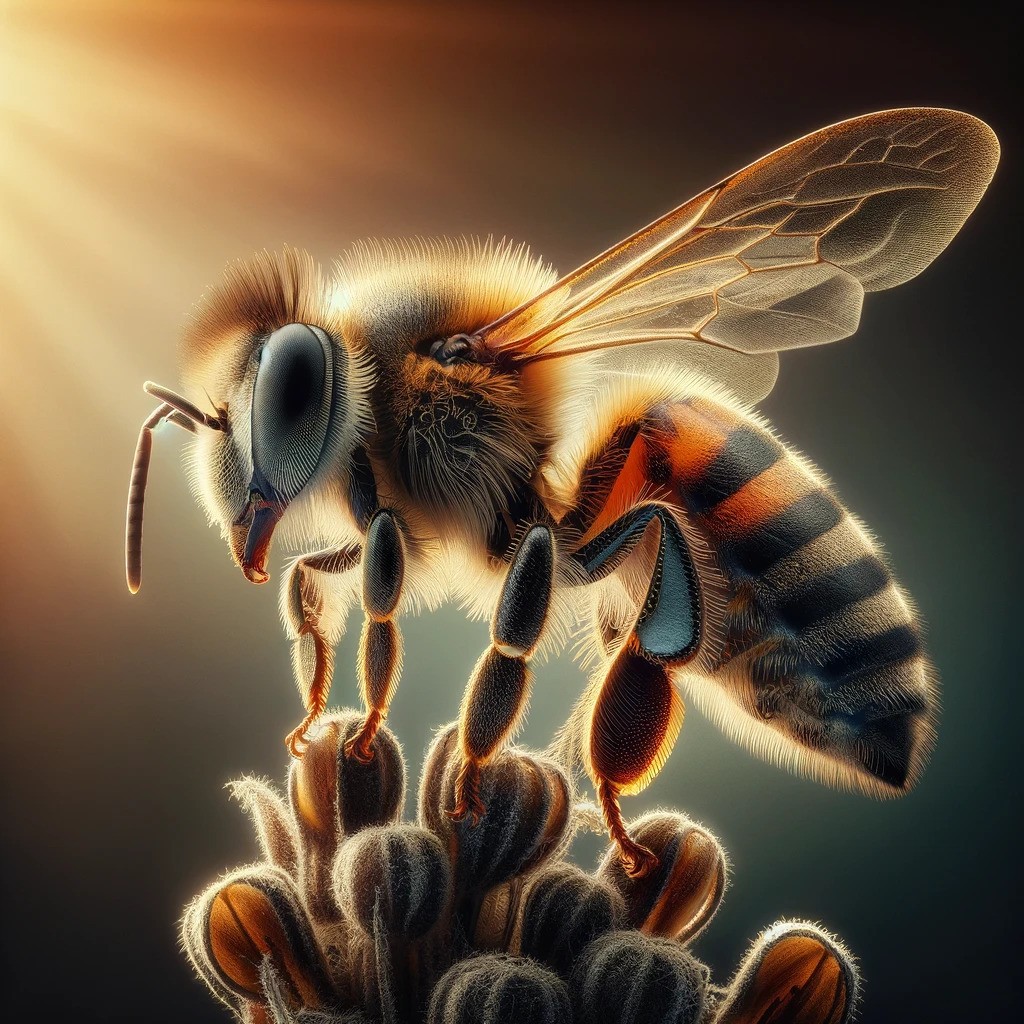Proper storage is an often overlooked but essential aspect of successful beekeeping.
Finding a suitable place to store your supers and unused honeycombs can make a huge difference in the overall health and productivity of your apiary.
Effective storage ensures that your equipment is ready for use when the bees need it and prevents damage or contamination during the off-season.
Why Proper Storage Matters
When you have supers and honeycombs that aren’t in use, how and where you store them will significantly impact their condition.
Wax Moth Infestation: Wax moths are notorious for attacking stored comb.
Without proper protection, they can quickly damage your honeycomb, turning all your hard work into a mess.
Mold and Moisture: If stored in a damp place, honeycombs can develop mold, rendering them unusable for the bees.
Bees won’t want to use combs that have been compromised by mold, so keeping them dry is key.
Pests and Rodents: Mice and other rodents may seek shelter inside improperly stored supers, chewing up combs and even nesting within your equipment.
Tips for Sucess
1. Choose a Dry, Cool Location: The best place to store your supers and honeycombs is in a dry, cool area that is well-ventilated.
This helps prevent mold growth and keeps wax moth activity to a minimum.
Avoid places that are prone to moisture or where temperatures fluctuate too drastically.
2. Moth Control: Wax moths are a major problem for stored combs.
Consider using sulfur bands to keep them at bay.
Do not use mothballs (naphthalene), as they can leave harmful residues that affect bees.
Make sure to follow safety precautions when using any chemical control.
3. Stack Supers Properly: When stacking your supers, it’s important to leave air gaps to keep airflow circulating.
You can use small wooden spacers or simply alternate the direction of your supers to create small gaps.
Good ventilation is key to keeping combs in good condition.
4. Freezing Comb: If you have access to a large freezer, freezing your honeycombs for at least 24 hours can kill any wax moth eggs or larvae present.
After freezing, you can store the comb in sealed bags or containers to protect them until they are needed.
5. Rodent Protection: Ensure that your storage area is sealed off from rodents.
Mice love to gnaw on the wax and can cause significant damage to your stored equipment.
Using metal containers or tightly sealing the storage area can help keep these pests out.
6. Off-Season Preparation: During the off-season, taking the time to properly clean and store your equipment can make the beekeeping season much more efficient.
Having clean, ready-to-use supers and combs means that you’ll be prepared when your bees need more space, and you won’t have to scramble at the last minute.














